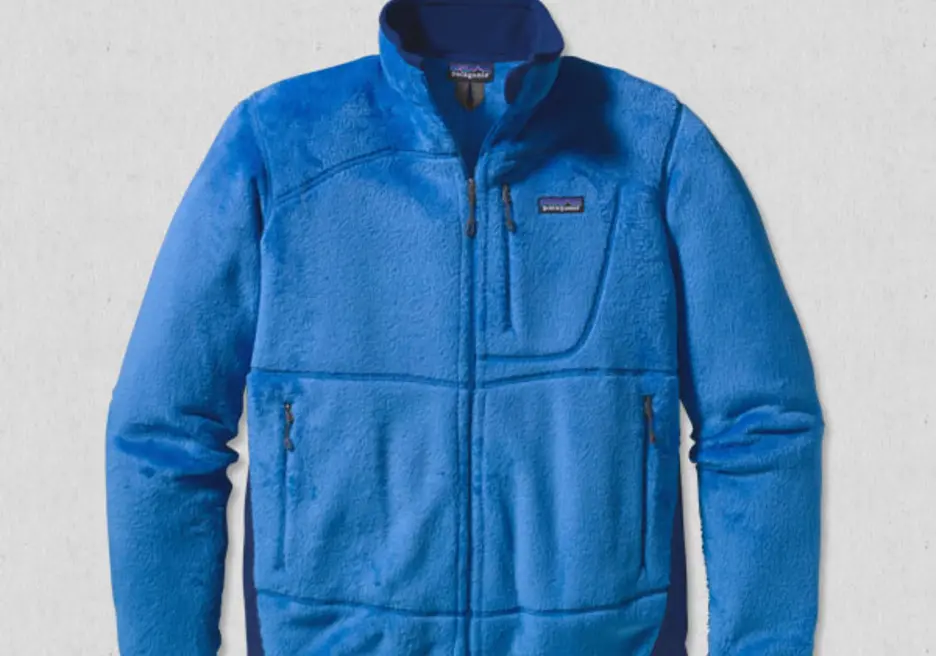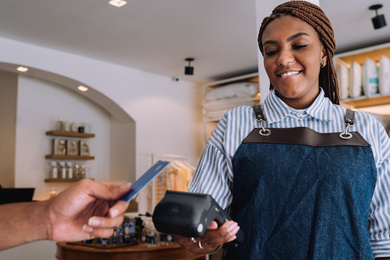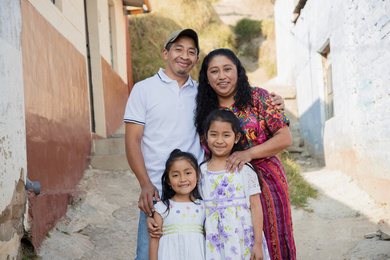The business case for buying less, but good stuff

 The No Impact Week is a one-week exercise to encourage employees who sign up to experience how lowering our environmental footprint can impact our quality of life, communities and planet. While No Impact Week is about discovering how lifestyle changes like consuming less can increase personal fulfillment, health, and happiness, it certainly begs the question: How is less consumption also good for sustainable business?
The No Impact Week is a one-week exercise to encourage employees who sign up to experience how lowering our environmental footprint can impact our quality of life, communities and planet. While No Impact Week is about discovering how lifestyle changes like consuming less can increase personal fulfillment, health, and happiness, it certainly begs the question: How is less consumption also good for sustainable business?
Some of you might remember this campaign by Patagonia, the California based outdoor clothing company. In 2011, Patagonia published a full-page ad in the New York Times, telling people not to buy the jacket they were advertising. The goal was to make people realize that every product comes with an environmental cost higher than its price – even one that’s manufactured according to highest sustainability standards. Instead, Patagonia encouraged people to repair or reuse old stuff they already had, or recycle what cannot be used anymore. Paradoxically, annual sales in the following two years grew by almost 40 percent. As the business world noted, the company cranked out $158 million worth of new apparel with a "green" sales pitch.
Did the ad lead to more consumption? Or will people who bought this jacket never need another one and therefore reduce consumption in the long run? We don’t know.
An ad campaign is certainly just the tip of the iceberg when you think about what companies can do to encourage sustainable consumption. According to a recent Economist article, there is a new wave of sustainability efforts among global corporates, aiming to do just that. Take SAB Miller for example, the world’s second-largest brewer.
The beer giant recently updated its sustainability strategy to incorporate the entire value chain from hops, malt and water to its customers at the corner bar. While they have been good at reducing carbon emissions and water usage in their own operations, new pledges include steps to reduce impact in their value chain through a number of measures: teaching basic business skills to 500,000 small enterprises; helping farmers manage their water resources better; and sponsoring anti-drinking and road-safety campaigns aimed at young beer consumers.
In short, sustainability is increasingly becoming a core part of business strategy, not just a way to cut costs or “greenwash” sales campaigns. Recycling, reusing, and most importantly reducing our consumption of stuff reduces negative impacts on the planet and can be good business. Because in the end, it is best for the environment not to buy a winter jacket we don’t really need. And better yet, to buy one stuffed with 100% traceable down from happy geese.
If you missed No Consumption Day, your next chance to buy nothing starts tomorrow. For more information on the No Impact Week, check out http://noimpactproject.org/.
LIKE WHAT YOU JUST READ?
Subscribe to our mailing list to stay informed on the latest IDB Invest news, blog posts, upcoming events, and to learn more about specific areas of interest.
Subscribe



